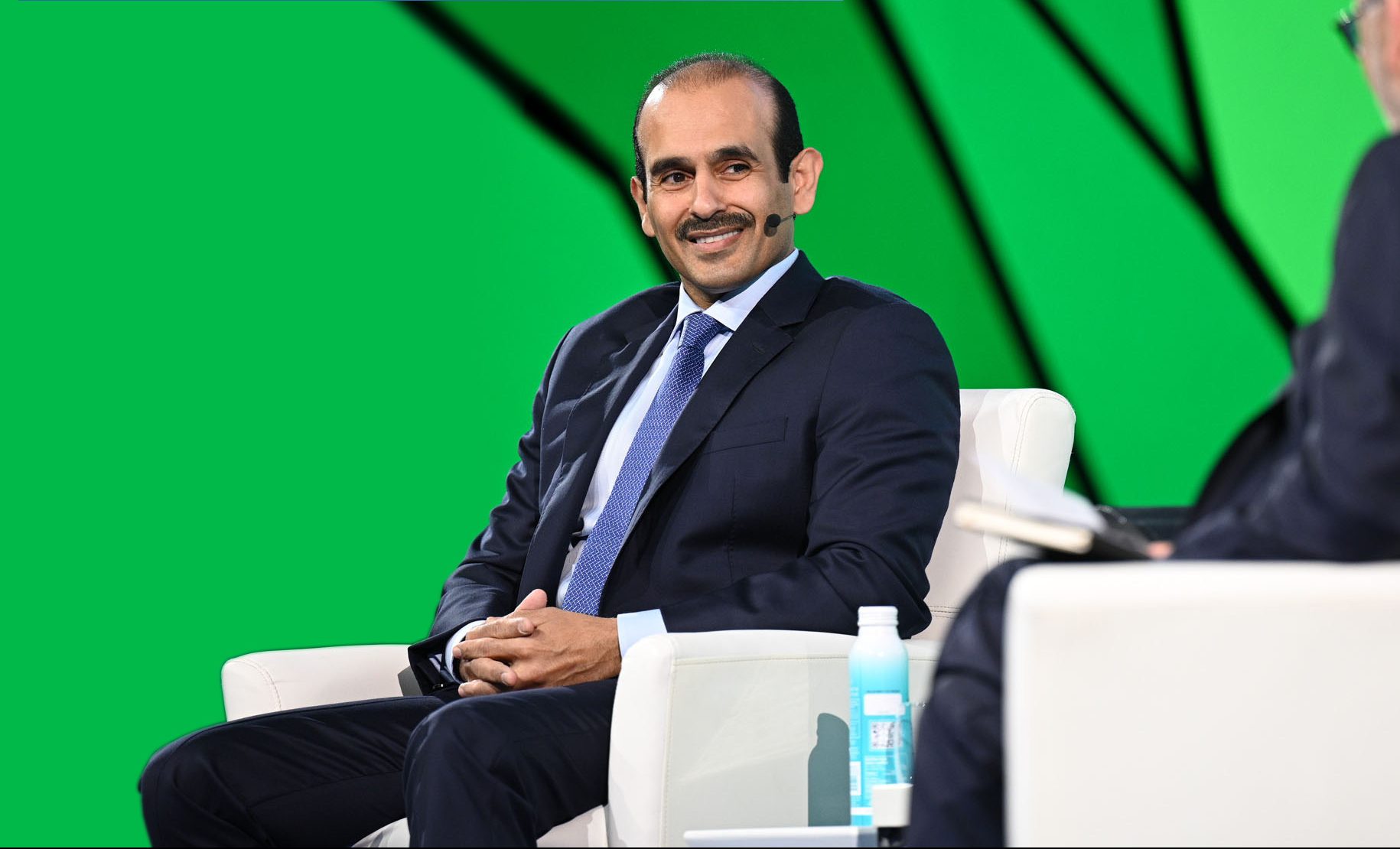Al-Kaabi has also called for realistic goals in discussions over energy transition, stressing that industries “cannot be selfish by calling to cancel oil and gas”.
Qatar is set to dominate 40% of all the new liquified natural gas (LNG) that will enter the market by 2029 due to its mega energy projects, the Gulf state’s energy minister told a conference in Vancouver on Tuesday.
“Forty percent of all the new LNG that will come to the market by 2029, when all our projects are up and running, is going to be from QatarEnergy,” Saad Sherida Al-Kaabi, who is also the CEO of state-owned QatarEnergy, told the International Conference & Exhibition on LNG.
Qatar is hosting the next International Conference & Exhibition on LNG in 2026, coinciding with the start of the multi-billion North Field LNG expansion project, the largest of its kind in the energy’s industry.
The $28.75 billion Qatari project is broken into two parts, the North Field East and the North Field South (NFS). The first is set to ramp up Qatar’s production from 77 to 110 MTPA (million tonnes per annum) and the latter will increase the production capacity from 110 to 126 MTPA.
Last year, QatarEnergy had announced eight international partnership agreements for both phases of the projects. Qatar is also set to ink a high volume of long-term LNG offtake contracts this year, Reuters cited Al-Kaabi during the conference in Canada.
“Gas will always be needed as the cleanest fossil fuel for the base-load required for electricity production and for powering industrial and manufacturing factories,” Al-Kaabi noted.
European countries last year turned to Qatar at the onset of the Ukraine crisis as they scrambled to ditch their reliance on Russian gas. The region previously received 40% of its gas supplies from Russia as almost a third of its shipments passed through Ukraine.
Last November, Germany had signed a 15-year LNG agreement with Qatar, with flows expected to kick start in 2026. Hungary, among the countries that heavily rely on Russian oil and gas, later announced that talks would take place with Qatar over LNG supply.
An ‘energy trilemma’
Al-Kaabi also tapped into the current “energy trilemma” that involves juggling the security of supply, affordability and sustainability in providing cleaner energy to the world.
The Qatari energy official stressed the need to balance humanity’s demands while efficiently responding to them.
“If you look at what we are doing in Qatar, we are increasing production to 126 MTPA and we have another 16-18 MTPA out of the US coming online next year. We are doing it in the most responsible way as far as emissions are concerned with CO2 sequestration,” Al-Kaabi explained.
The QatarEnergy chief added that the Gulf state has the largest sequestration, or carbon capturing, site in the MENA region. In turn, Qatar injects more than 2 MTPA of sequestered CO2 with plans to ramp up the figure to 11 MTPA “in a few years”.
Notably, the Gulf state had inaugurated the Al Kharsaah Solar Power Plant, the largest in the region, last year.
Covering an area of 10 square kilometers, the power plant is set to meet 10% of Qatar’s peak electricity demand by using more than 1,800,000 solar panels.
“We are using solar power to power some of our new LNG production. Qatar’s LNG carbon intensity is probably the lowest in the world. So we are doing it in a very responsible fashion and we are reducing emissions,” Al-Kaabi said.
Al-Kaabi has also called for realistic goals in discussions over energy transition, stressing that industries “cannot be selfish by calling to cancel oil and gas”, consequently depriving billions of basic electricity supply.
“By 2050 you’re going to have north of 2 billion people coming on earth that need energy, and more people in the developing nations will need better standards of living, which means energy,” he said.







